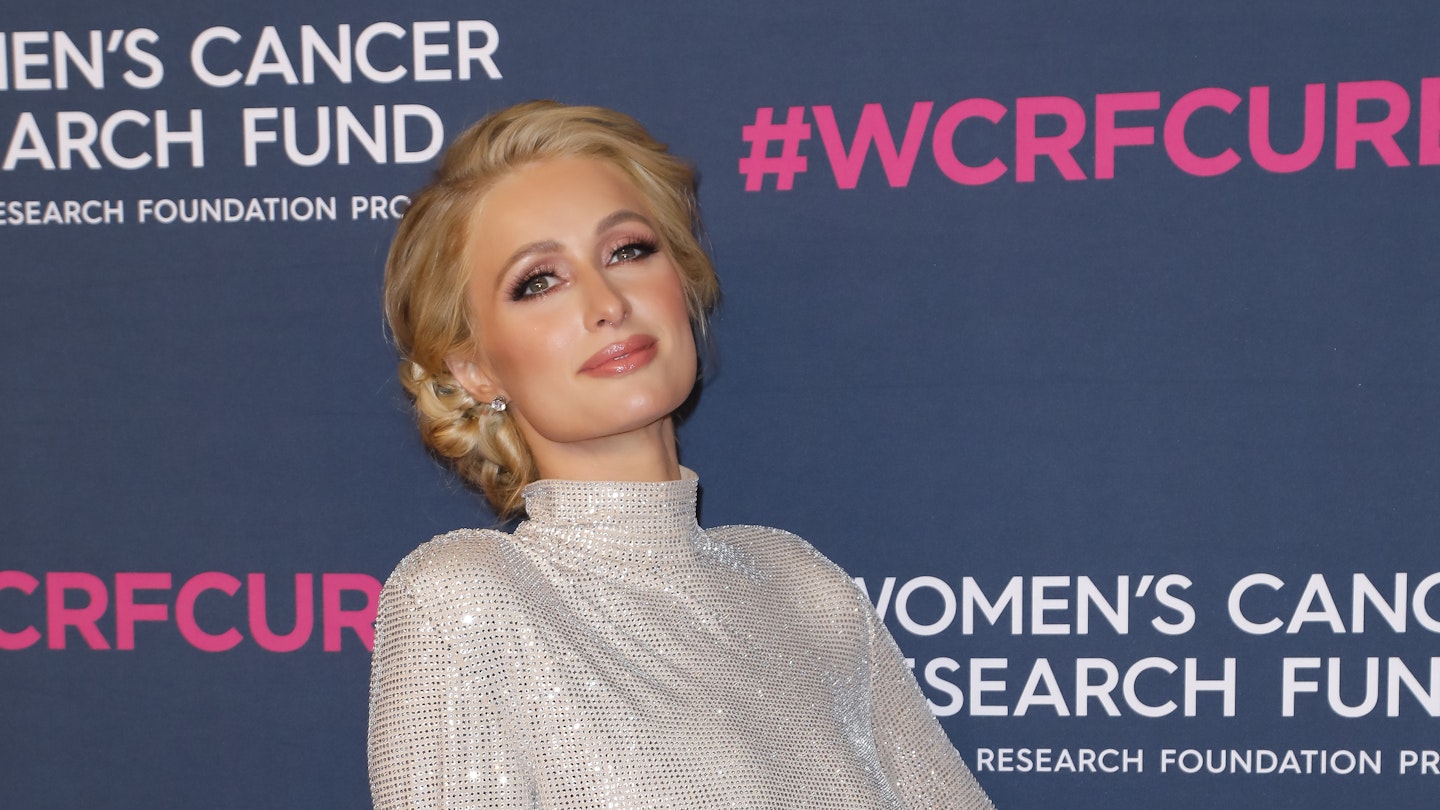She’s the queen of catchphrases (‘That’s Hot’), a diamond-encrusted diva and was one of the original reality TV stars - back when Kim Kardashian’s only job was to clear out her famous friend’s wardrobe. But that doesn’t mean Paris Hilton is hot on fertility advice.
In a recent interview with The Sunday Times, she revealed she had frozen her eggs a few years ago. The socialite, who rose to fame on TV show The Simple Life alongside Nicole Richie, said: ‘I had a really amazing conversation with Kim [Kardashian] about it. She introduced me to her doctor, and I was so inspired by her to actually do it.’
‘I think every woman should do it because you can really control it and not have that “Oh my God, I need to get married,”’ she explained.
Freezing your eggs is all very well if you’re young and money isn’t an issue, but even then it’s not guaranteed. What Paris is forgetting is that the procedure can cost thousands of pounds. Young people rarely have that kind of money lying around. The average price of one complete egg-freezing cycle, including storage and use of eggs in future treatments, is £7,000 to £8,000, according to the Human Fertilisation & Embryology Authority (HFEA), the UK’s independent regulator for fertility treatment and human embryo research.
Still, the idea that egg freezing is a reliable insurance policy is perpetuated.
Here’s where the Catch-22 comes in: by the time most people have access to more of a disposable income they are often a little older. But unless you freeze your eggs when you’re relatively young – at an age when you might not be thinking about having children yet - the procedure can be less effective. The under thirties are also more likely to live with the assumption that they will be able to have children on their own timeline one day.
Research from Imperial College London and Chelsea and Westminster hospital shows that the chances of conceiving with the frozen eggs is relatively small. Their statistics show that the proportion of frozen eggs that leads to a live birth among women under 36 is 8.2% – falling to 3.3% for women aged 36 to 39. According to the HFEA, the current birth rate for women trying to conceive from their own frozen eggs is 18%.
‘The ideal time to freeze eggs would be about 30-31 – not just for medical reasons, but also social reasons,’ Nick Macklon, medical director at the London Women’s Clinic and professor of obstetrics and gynaecology at the University of Copenhagen told the Guardian last year. He points out that egg storage only lasts for 10 years unless there is a medical issue.
Still, the idea that egg freezing is a reliable insurance policy is perpetuated. In 2014, Facebook and Apple announced they would offer egg freezing as a workplace benefit. Similarly, Paris spreads the idea that egg freezing means you have free rein to design your future and control your body.
The last thing I want to do is leave women feeling disheartened that this option is off the table, but we should all be aware of the complications around egg freezing. For some, it has yielded results and led to happy families. But we shouldn’t tell women to rely on it when, for many, the expense means it out of the question - and there are still so many unknowns.
So Paris, as much as we love you for bringing us years of television gold, don’t suggest women will be fine if they freeze their eggs. It’s more complicated than that. Many of us are destined to be hostages to biology and our bank balance, and shouldn’t hastily put all our eggs in one basket.
READ MORE: Is It Really Worth Freezing Your Eggs?
READ MORE: If Meghan Markle’s Hustling Has Turned Brits Against Her, That’s Our Fault, Not Hers
